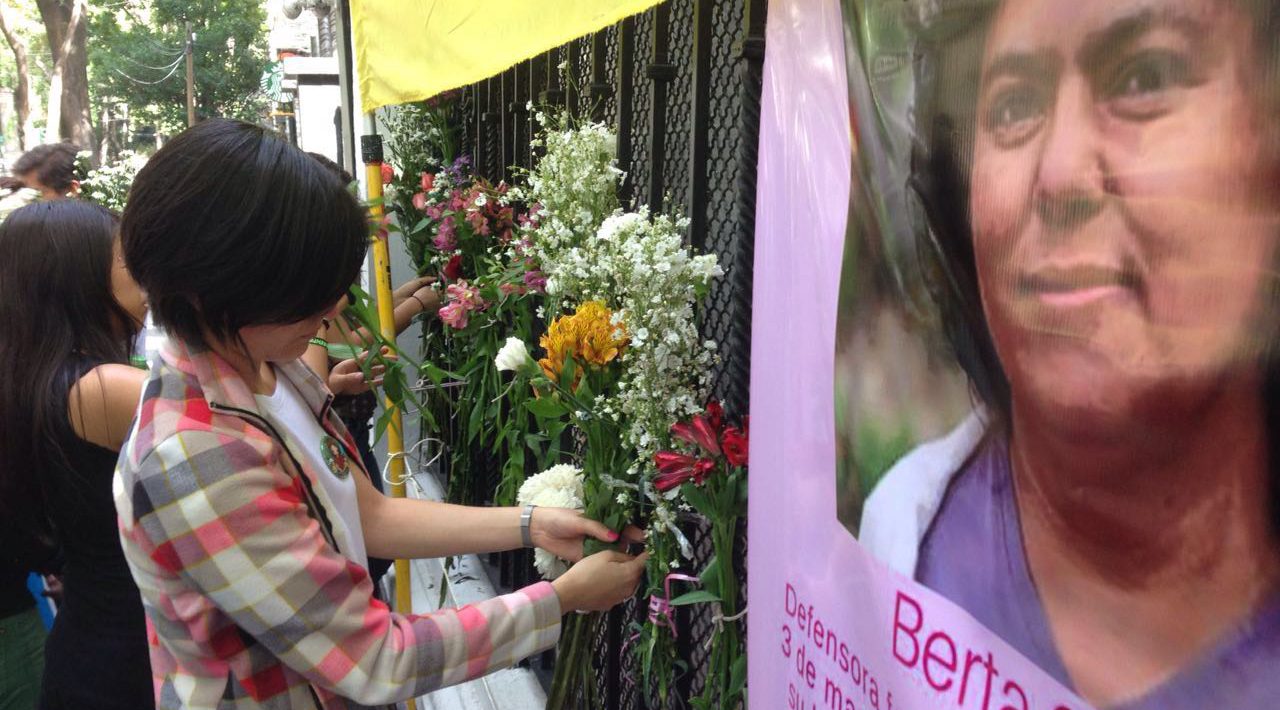Honduras is one of the most dangerous and difficult places for HRDs worldwide, in particular for those working on land and environmental issues. The EU faces many challenges to respond meaningfully here, including:
- high levels of violence and impunity;
- lack of easy access to HRDs in remote rural areas; and
- heightened risks for HRDs working on LGBTI rights, Indigenous rights or on issues related to land, territory and the environment.
Beyond its role as a donor, the EU has developed good practices in terms of coordination and public action for HRDs in Honduras, maintaining them even when faced with mounting attacks and killings of HRDs. Yet challenges remain:
- How can the EU leverage its sustained work on one emblematic HRD case, that of Berta Cáceres, to benefit other Honduran HRDs outside the limelight?
- How can the EU match systemic support for a national human rights system with meaningful action when state actors are responsible for human rights violations?
- How to balance the EU’s role as a donor, including for projects for the exploration and exploitation of natural resources, against its responsibility to critically engage the Honduran authorities?
- How can the EU and its member states meaningfully anticipate and address tensions between their HRD commitments and their interests in natural resource projects and other business projects that have a potentially adverse human rights impact?
What challenges do human rights defenders face?
Conclusions
In Honduras, several good EU practices of support to HRDs have emerged in a situation of high risk where the EU and its member states have significant leverage. These include:
- statements on killings of HRDs with explicit calls for justice, better HRD protection and attention to other individuals and groups at risk;
- multiple levels of coordination with HRDs through the grupo enlace and the G16;
- public communication aimed at countering smear campaigns; and
- links between the EU EOM and long-standing work on HRD protection.
Still, challenges for EU engagement on HRDs in Honduras remain, including:
- Conducting meaningful outreach to HRDs in remote or rural areas;
- Developing strategies to extend work on emblematic HRD cases to benefit other HRDs and groups at risk;
- Reinforcing work to address specific groups and their needs, in particular Indigenous HRDs, HRDs working on territory, land and environment and those working on business and human rights;
- Ensuing EU systemic support to the national human rights system is matched by meaningful critical engagement where there is state responsibility for human rights violations against HRDs; and
- Balancing EU and member state commitments on HRDs with interests in development projects or business, where these may have an adverse human rights impact.
Recommendations
- Pro-actively issue statements addressing cases of HRDs at risk, including: those in pre-trial detention or criminalized for their activities; those working on human rights related to the land, environmental protection and Indigenous rights; and those who do not have a high profile.
- Ensure consistent human rights monitoring of EU-funded police, military and judicial investigation bodies in Honduras to ensure they respect and protect human rights.
- Fully use EU and member state support to the national human rights system and HRD protection mechanism to critically engage with the Honduran authorities on individual HRD cases. Likewise, act to ensure that the national protection mechanism for HRDs is adequately resourced, supported and fully backed politically to function meaningfully.
- Ensure due diligence, as set out in the UN Guiding Principles on Business and Human Rights, so that the human rights of individuals and communities are respected in the context of European activities and projects related to the exploration and exploitation of natural resources.
- Step up work to link Honduran HRDs with regional and international human rights mechanisms and/or to make this work more visible to HRDs.


